Highlights of the 2025 UN General Assembly: Conflict, Cooperation, and Contradictions
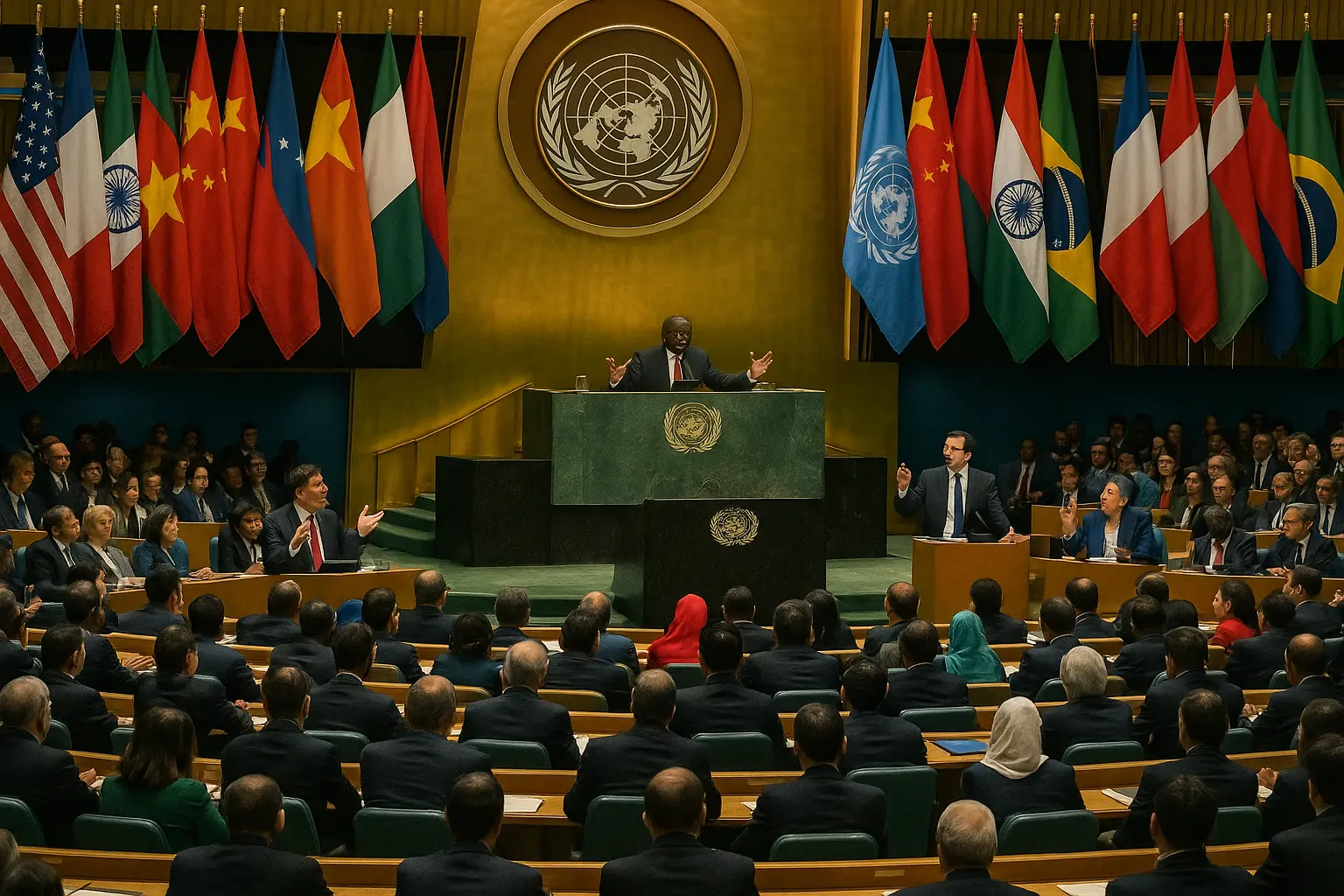
The 2025 United Nations General Assembly (UNGA) session was anything but routine. From heated criticisms of global leaders to symbolic gestures of unity, the week highlighted how fractured yet interconnected world politics has become. While some leaders used the stage to call for investigations and issue warnings, others emphasised peace and cooperation. This article reviews the key moments of the session, providing a balanced account of what unfolded at the UN headquarters in New York.
Highlights from the 2025 UNGA
1. Colombia’s President Calls for Investigation into Donald Trump
Colombian President Gustavo Petro delivered one of the most striking remarks at this year’s UNGA. Speaking from the podium, he compared former U.S. President Donald Trump’s legacy to that of Adolf Hitler and suggested that an international criminal investigation should be opened against him. This marks one of the strongest criticisms of Trump by a foreign leader to date, setting a sharp tone for the session.
2. Trump’s Challenging UNGA Experience
Donald Trump, serving his second presidential term, faced a difficult time at the UNGA.
- Escalator Incident: On his way to deliver a speech, Trump was delayed when an escalator malfunctioned. Though minor, the incident drew public attention and symbolic interpretations.
- Budget Cuts and UN Criticism: Trump has overseen a $500 million cut in U.S. funding to the UN, resulting in reported job losses. He argued that the UN is not effectively maintaining global peace, repeating his claim that he personally stopped “seven wars” during his presidency.
- Teleprompter Issues: During his speech, Trump’s teleprompter failed, leading him to ad-lib remarks where he criticised the UN for “broken escalators and broken equipment.”
- Europe and Immigration: Trump Warns European Nations About the Risks of Mass Immigration, Claiming It Could Shift Demographic Balances. He also urged Europe to stop purchasing Russian oil and natural gas, while being questioned about U.S. imports of Russian uranium.
3. Indonesia’s President Calls for Religious Unity
In contrast, Indonesia’s President drew international attention for promoting peace and interfaith cooperation. Representing the world’s largest Muslim-majority nation, he:
- Opened his speech with greetings in Sanskrit (“Om Shanti Shanti Om”), Arabic (“Assalamualaikum”), and Hebrew (“Shalom”), symbolising unity across major faiths.
- Advocated for global religious unity, urging nations to respect one another’s beliefs.
- Offered to send 20,000 Indonesian troops to help stabilise Gaza, while emphasising that peace must ensure the safety of both Palestinians and Israelis.
This balanced approach, recognising the rights and security concerns of both sides, received appreciation from diverse quarters, including some Israeli officials and commentators.
4. European Perspectives and Recognition of Palestine
French President Emmanuel Macron reiterated France’s recognition of Palestine as a sovereign state, a stance aligned with broader European debates over the Israel–Palestine conflict. His remarks reinforced Europe’s ongoing push for a two-state solution, though practical pathways remain unclear.
5. Ukraine’s Ongoing Appeal
Ukrainian President Volodymyr Zelensky maintained his consistent message: that Ukraine is only the beginning, and that unchecked Russian expansionism could target more countries in the future. He urged the international community to remain united in support of Ukraine, framing it as a global security issue rather than a regional dispute.
6. India’s Anticipated Statement
External Affairs Minister Dr S. Jaishankar represented India. His speech, scheduled later in the session, was highly anticipated. Observers expected India to address themes of multipolarity, development priorities, and conflict resolution. While the full impact of his remarks remains to be assessed, India’s role as a bridge between developed and developing nations continues to be watched closely.
Key Takeaways
The 2025 UNGA session reflected the current state of global affairs: fragmented, contested, but still anchored in dialogue.
- Divisions: From Trump’s confrontations with the UN and Europe to calls for investigations, divisions between global powers were on full display.
- Unity Attempts: At the same time, gestures like those from Indonesia’s president showed the potential for cross-cultural and religious unity.
- Security and Peace: Ongoing conflicts — Ukraine, Gaza, and beyond — dominated the discussions, underlining the UN’s continuing role as a platform, if not always an arbiter, of global issues.
Conclusion
The 2025 UNGA highlighted sharp contrasts in how leaders approach global crises. Some emphasised blame and confrontation, while others stressed unity and shared responsibility. For observers, the session underscored the importance of staying informed, critically assessing leaders’ claims, and recognising the interplay of national interests and global cooperation. The world may be divided, but platforms like the UN remain crucial spaces for dialogue, accountability, and vision-setting.
Disclaimer: This article is based on publicly available reports and independent analysis. Readers are encouraged to consult multiple sources for a complete picture.

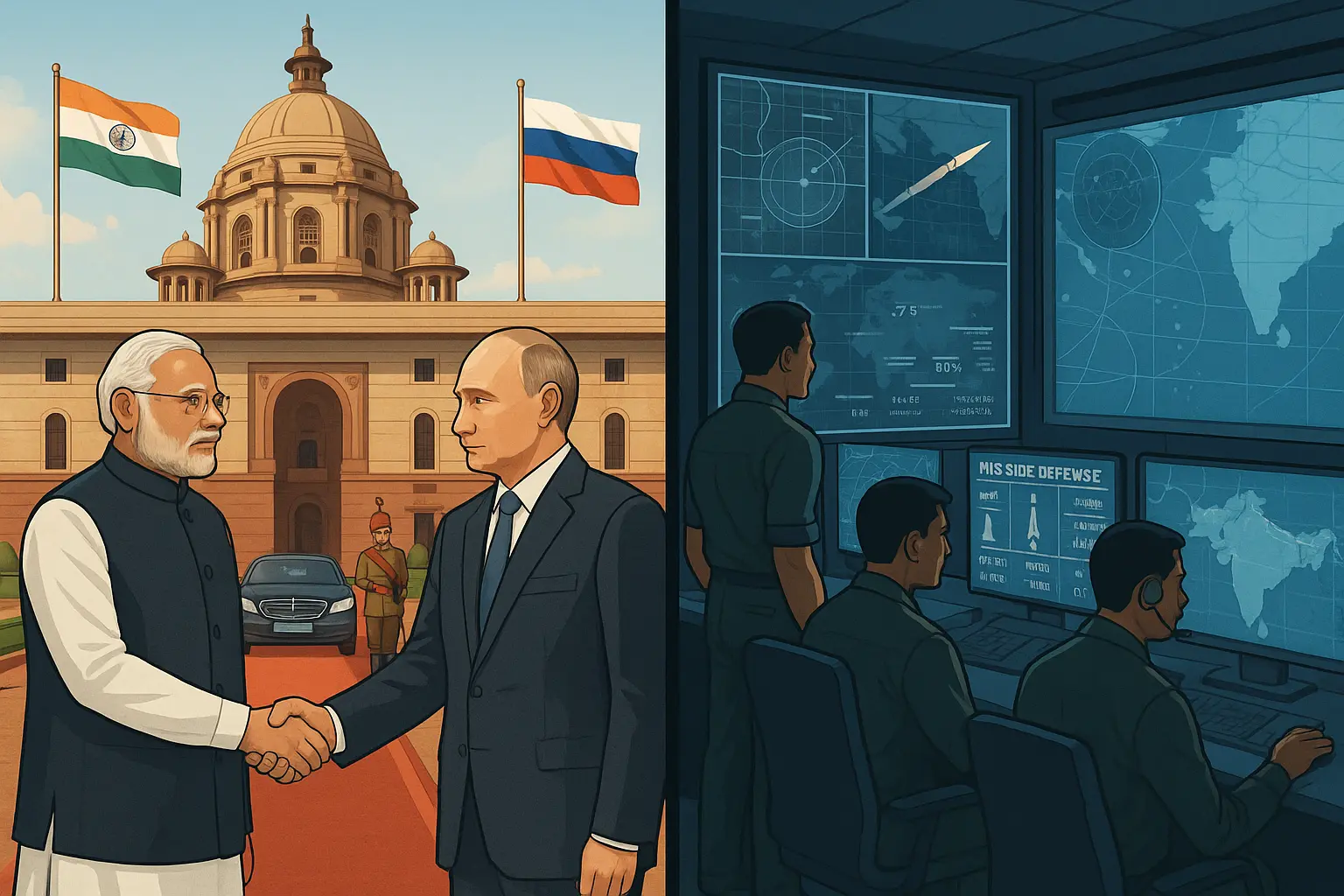
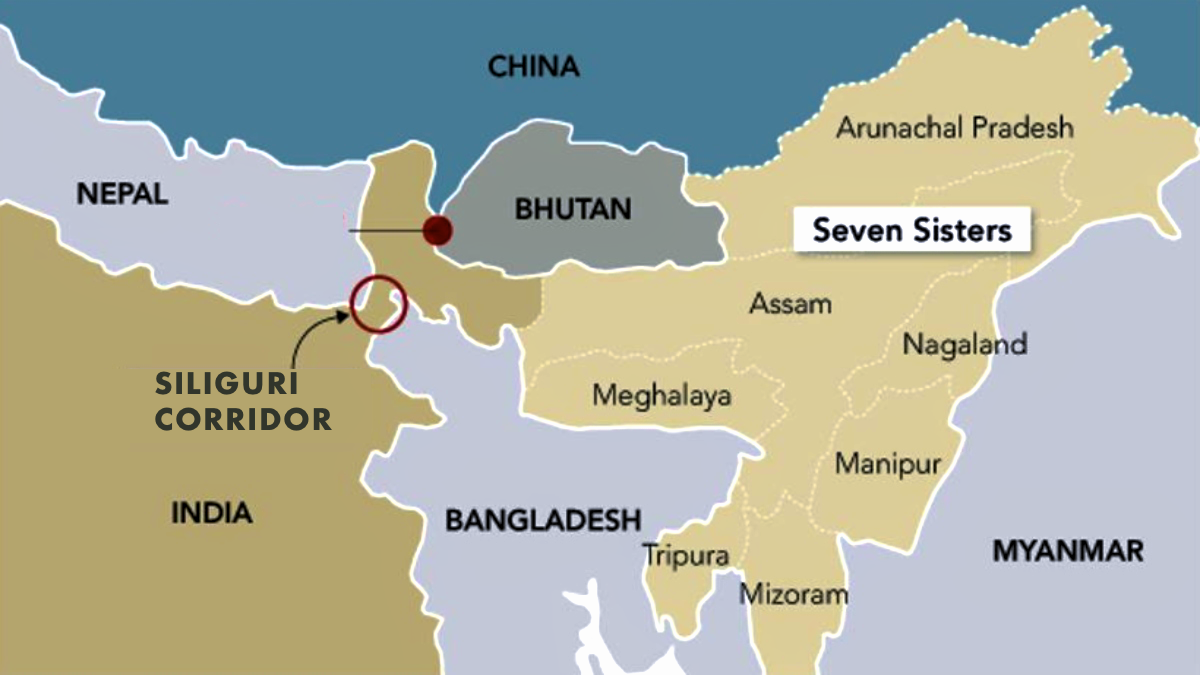
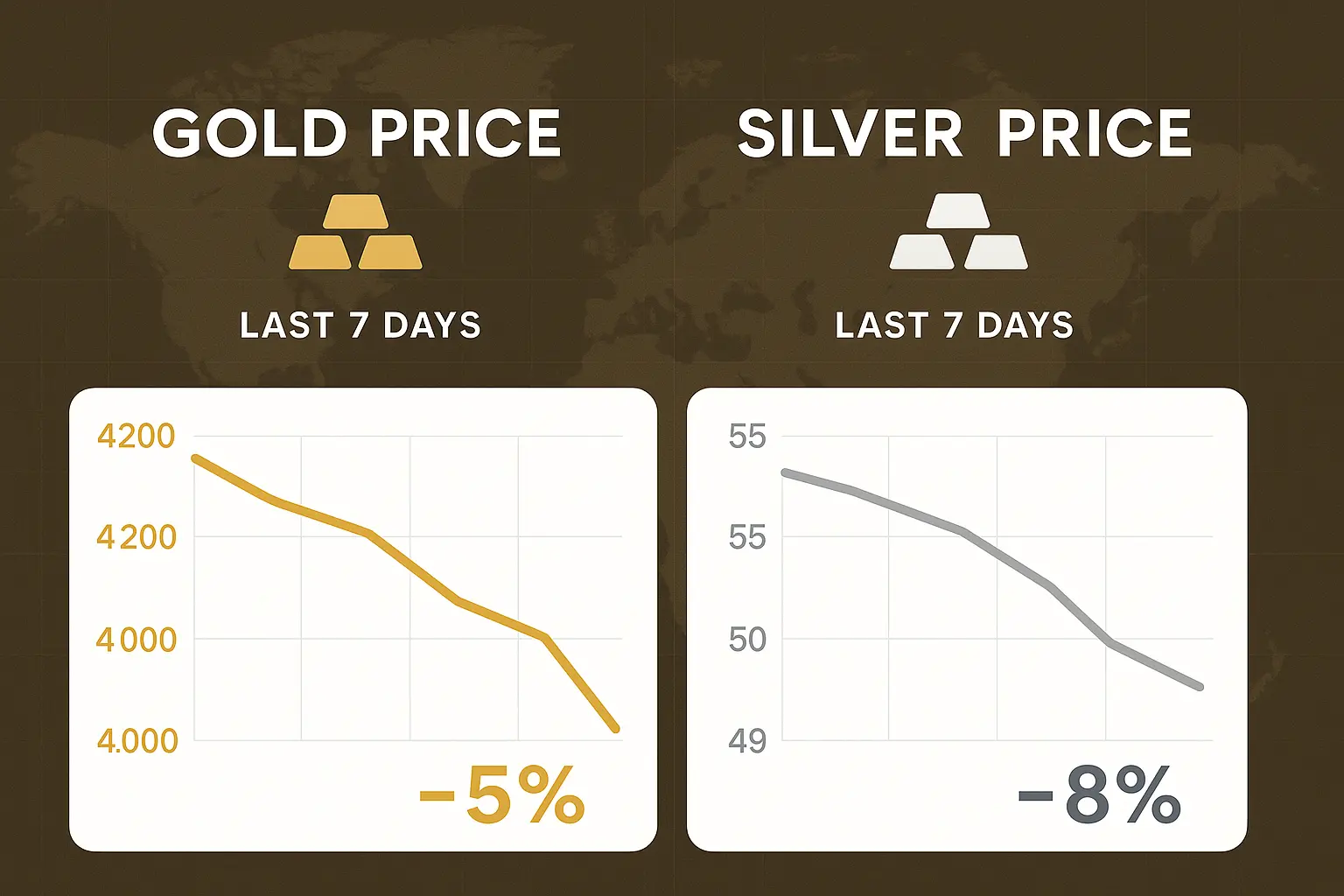

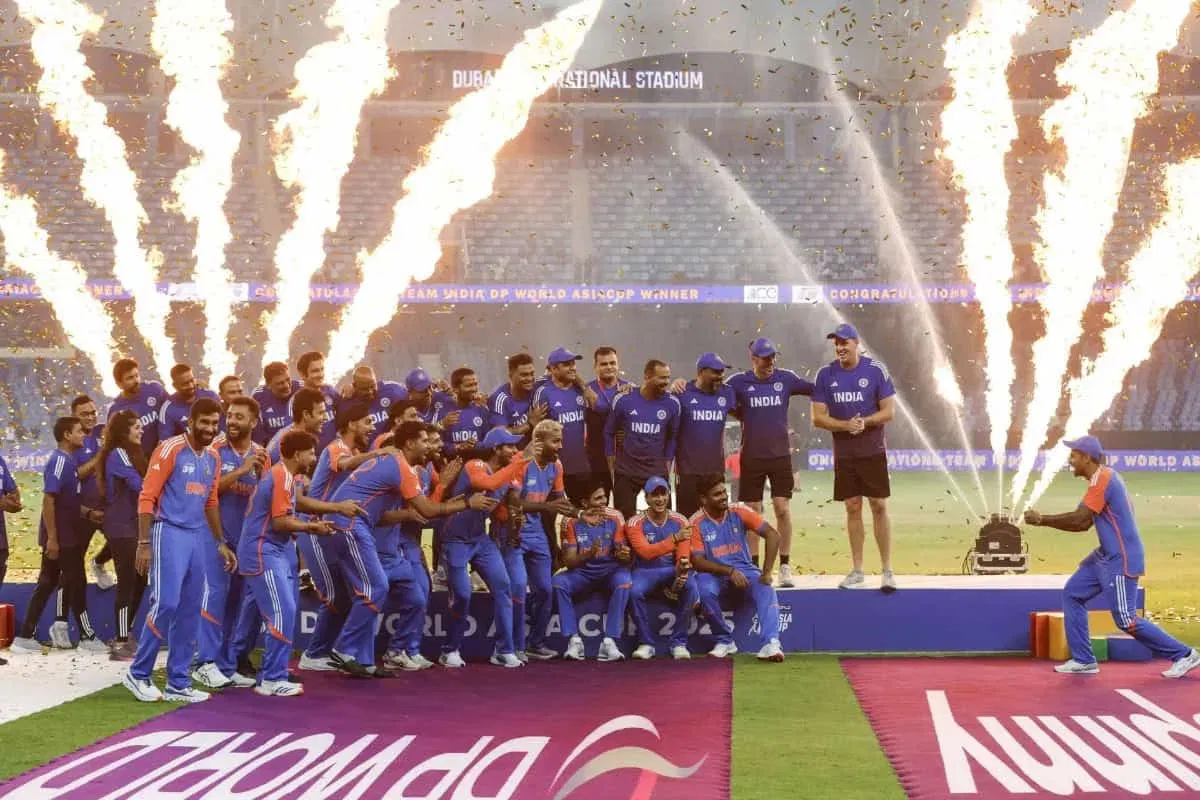
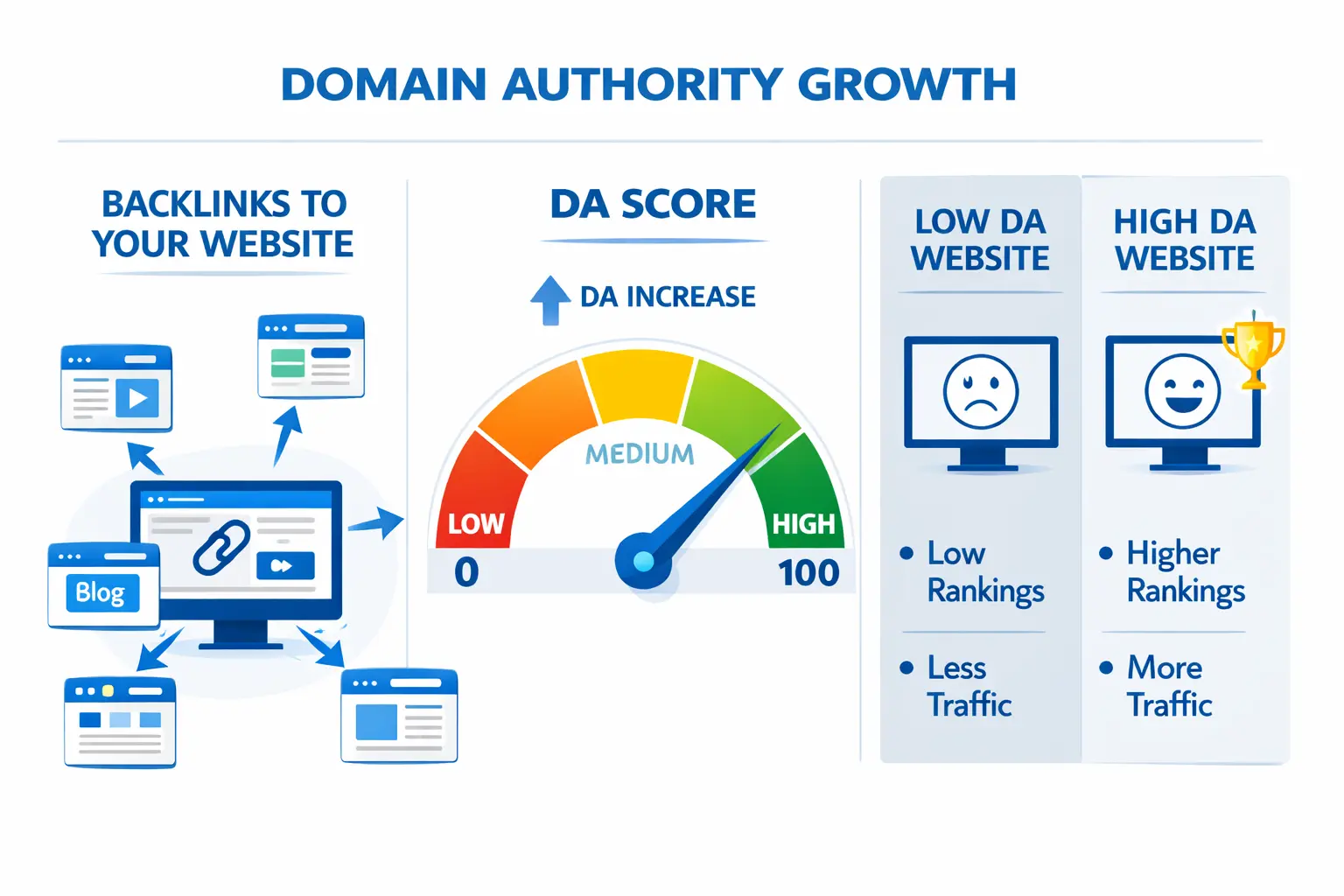


No comments yet. Be the first to comment!